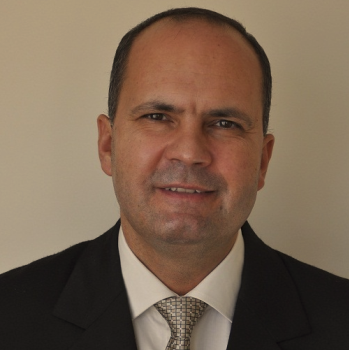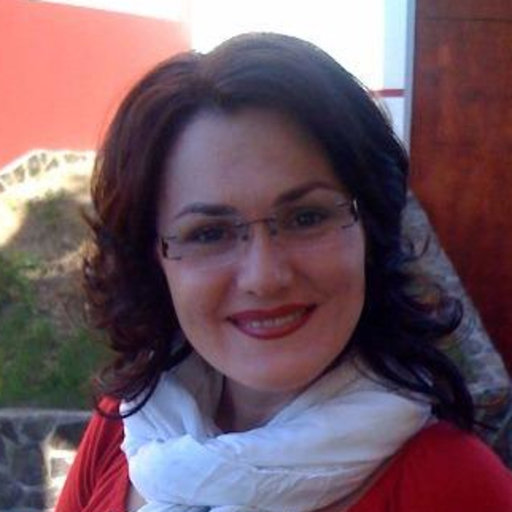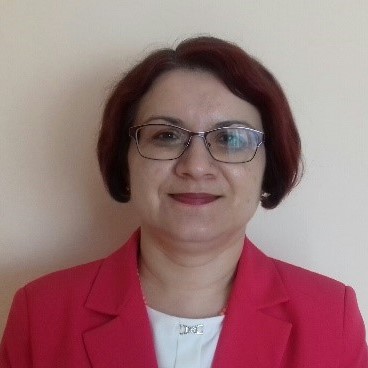University of Medicine, Pharmacy, Sciences and Technology of Târgu Mureş, Romania

University of Medicine, Pharmacy, Sciences and Technology of Tîrgu Mureș (UMFST) was created in September 2018 as a result of the merger of two Romanian prestigious universities in Tîrgu Mureș, namely University of Medicine and Pharmacy of TîrguMureș and „Petru Maior” University of Tîrgu Mureș.
The medical education in Tîrgu Mureș began in 1945 when the Faculty of Medicine was founded and in 1991 the Medical and Pharmaceutical Institute was given the name of University of Medicine and Pharmacy of Tîrgu Mureș. The University functioned as a public institution being the only university in the field of healthcare teaching in Romanian, Hungarian and English. „Petru Maior” University functioned as a state institution for higher education and vocational training from 1961. It had recognized experience in all areas of the training cycle by collecting clients’ needs on the market, design of adequate educational curricula, course implementation and evaluation, in the three faculties: Engineering, Science and Letters, Economics and Law, but also in the Continuous Education Centre - a vocational training institute at tertiary level.
At present UMFST brings together the competences of the two universities that fused, being a public multicultural institution of higher education and research. It is composed of six faculties: The Faculty of Medicine, The Faculty of Dentistry, The Faculty of Pharmacy, The Faculty of Engineering, The Faculty of Sciences and Letters, and The Faculty of Economics and Law in which graduates of study programs can benefit from different levels of academic degrees: bachelor, master’s, doctoral.
In its current structure, the UMFST has more than 10 000 students and 739 teachers. International cooperation with over 100 universities from different countries had a substantial contribution to the development of scientific research and evidence-based medicine, in the same time with the initiation and development of a curricular reform process in our university.
Project team
 |
Prof.dr.habil.eng. Liviu MOLDOVAN Vice rector, Professor in Quality Management Prof. Moldovan is a habilitated doctor of Engineering and Management. He has a vast administrative experience in the university, occupying positions of Quality director, Dean, Vice rector of scientific research and international relations. Since 2000, he has coordinated 7 national projects and 16 EU projects. Prof. Moldovan’s research and publication areas include innovation and quality assurance in Vocational Education and Training, quality management in higher education and interdisciplinarity in research and education. His long experience in leading and managing research and innovation activities at the university is especially valuable in the AHEAD project.Prof.dr.habil.eng. Liviu MOLDOVAN
|
|
|
Dr. Eng. Elena HARPA Senior Lecturer Dr. Elena HARPA has a PhD degree in Engineering and Management from Technical University of Cluj-Napoca. She has expertise in regional innovation models (she authored of a book on this topic), commercialization activities of universities and entrepreneurship education programmes. Another important aspect of her expertise is university-industry links at local and regional level. |
|
|
Prof.dr.eng. Alexandru MORAR Researcher Dr. Alexandru MORAR has a strong entrepreneurial background with experience in facilitating the connection between academia and local industry in terms of training and research. He has been actively involved in 8 national and European projects focused on information and computer technologies, environmental management and quality management. |
|
|
Daniela MARCU Project manager assistant Mrs. Daniela Marcu is economist holding a Master’s degree in Project Management. She has worked for about 10 years in The Centre for Research Management – Innovation – Grants and Financing of Research Projects managing the financing requests, internal and international scientific research projects and the research activity. She participated in the development of several Tempus, Erasmus+ and other projects financed by structural funds. |


